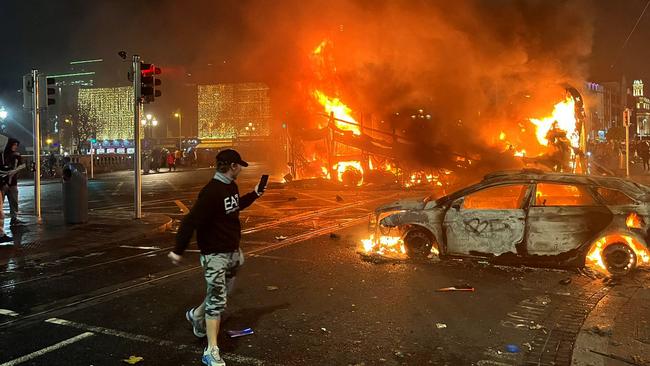
While cultural disharmony is playing a role, this backlash is also driven by a perception that resources are increasingly scarce, and that ordinary citizens are missing out on a fair go. Last week, riots exploded in Dublin following a knife attack that left children and a school care assistant hospitalised with serious injuries. The assailant, a naturalised Irish citizen of French-Algerian origin, had previously faced a deportation order.
Although the Dublin riots were primarily fuelled by the opportunistic actions of some delinquents, they likely wouldn’t have erupted without existing underlying social tensions related to immigration.
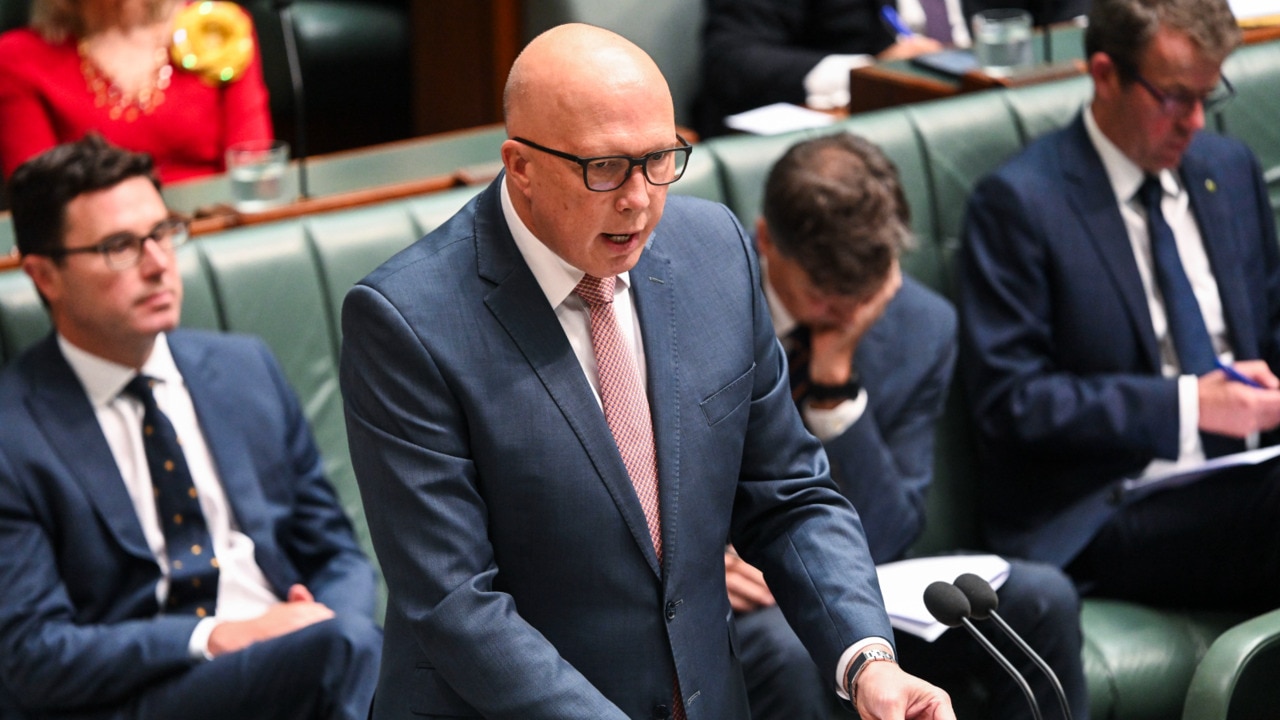
This kind of tension isn’t confined to Ireland. Recently in the Netherlands, Geert Wilders secured 37 seats in the House of Representatives – a significant jump of 20 seats from the prior election – predominantly advocating for reduced immigration.
Similarly, Italy’s voters elected Giorgia Meloni last year. Meloni, known for her charisma, promised to stop Italy from turning into “Europe’s refugee camp”.
Similar sentiments against immigration are currently being echoed in Hungary, Austria, Belgium, France, Sweden and Finland. Even Germany, under Social Democrat leader Olaf Scholz, is experiencing a vibe-shift.
After a sudden rise in anti-Semitism after October 7, Scholz told journalists that deportations from Germany would have to happen “on a large scale”. Public revolts against mass immigration are draining centrist parties of power across the European continent.
A notable exception is Denmark’s Social Democrats, one of the few centre-left parties still holding electoral dominance. Their sustained popularity is attributed to adopting Europe’s strictest immigration policy, a strategy that has resonated with voters.
Concerns about immigration in Europe have long existed, but they are now escalating to a level that demands attention from all political factions. Previously, voicing scepticism about large-scale immigration was almost taboo. But this sentiment is shifting, evidenced by the electoral successes of figures like Meloni, Wilders, and the Danish Social Democrats.
There’s an increasing, albeit hesitant, recognition among political and technocratic leaders that the current approach to immigration is widely unpopular and needs reform.
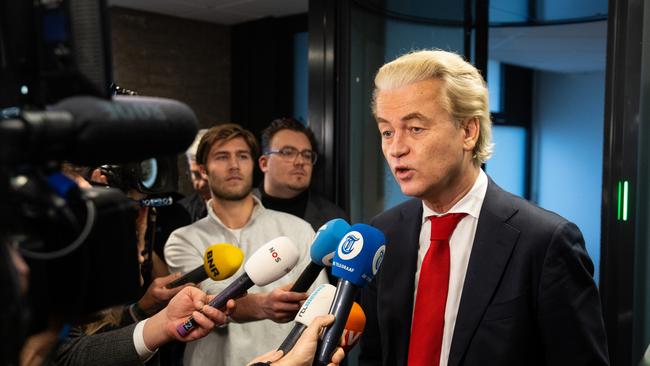
Additionally, there’s a broader realisation that this scepticism cannot be simply labelled as “far right” or “fringe”.
As conflict breaks out in the Middle East, anxiety over mass immigration appears to have intensified. On October 7, for example, Wilders’ Party for Freedom was reportedly polling at just 12 per cent. But on October 14, 20,000 people marched in Amsterdam in support of Palestinians and in condemnation of Israel – before Israel had even launched a defence. Unbeknown to them, many of those who marched appear to have helped Wilders’ electoral campaign.
Yet while cultural disharmony is a real and pressing concern, it is not the only – or even the primary – reason for the immigration backlash. Each country experiencing a backlash to immigration is currently experiencing a housing crisis. The Netherlands is experiencing one, while students are protesting the cost of housing in Italy and Germany. Rents are exploding in Austria and in Finland.
Australian immigration policies are more structured and selective than Europe’s, and for a variety of different reasons we are less vulnerable to the cultural tensions plaguing other countries. Nevertheless, we seem to have forgotten the virtue of moderation.
This year, Australia has experienced unprecedented population growth, with the ABS reporting an expansion of 2.2 per cent, driven by record-breaking net migration of 454,400. This is double the average of the past decade.
Of course, Australia would not exist without its migrants. Yet large waves of migration have historically occurred when land has been cheap and housing abundant. A decade ago, economist Saul Eslake submitted a report to a Senate Inquiry on Affordable Housing. He explained that post-war Australia saw a rapid growth in housing stock, outpacing population growth.

This was due to government-led home-building initiatives. Eslake advises that “this era marked a significant surge in home ownership rates, climbing from 53.4 per cent to an impressive 70.3 per cent, the highest ever recorded in Australian history”.
The trend continued in the 60s and 70s with housing stock expanding by 46 per cent, in comparison to population growth which stabilised at 33 per cent.
But those days are long gone. Land and housing is no longer cheap. New buildings are being approved at a sluggish rate, and the median price of a house in Sydney sits at $1,333,985, which is 20 times the national median salary.
Affordability of housing is generally assessed using the house price-to-income ratio. A ratio above three is generally considered unaffordable, and a ratio above five is considered severely unaffordable.
At more than 20 times the median annual salary, house price-to-income ratio in Sydney is off the charts.
Of course, Sydney is an international city, and it might be unrealistic to expect that an average worker will be able to live there. Nevertheless, the median Australian house price for all capital cities is $923,641, which is still 14 times the median salary – many times over the “severely unaffordable” threshold.
Australia’s housing crisis has been building for decades. Record-smashing immigration is turning the crisis into something we have never seen before. And while young people may not be able to find a home in Australia, we shouldn’t be surprised when a backlash to immigration occurs.
Claire Lehmann is founding editor of online magazine Quillette.




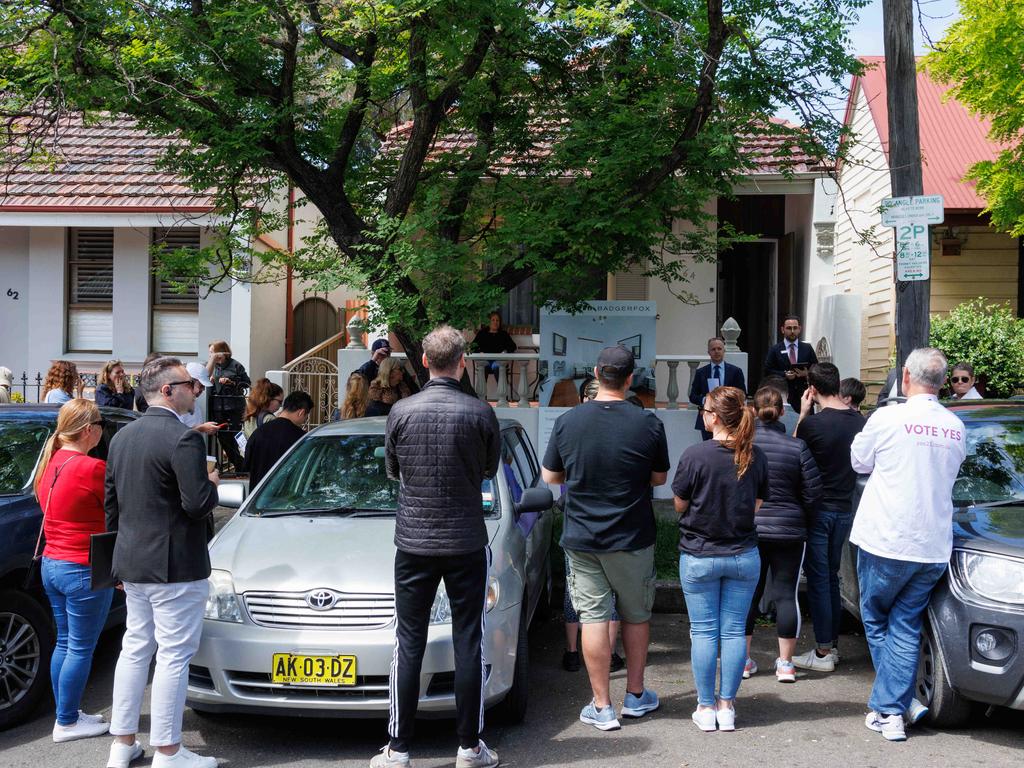
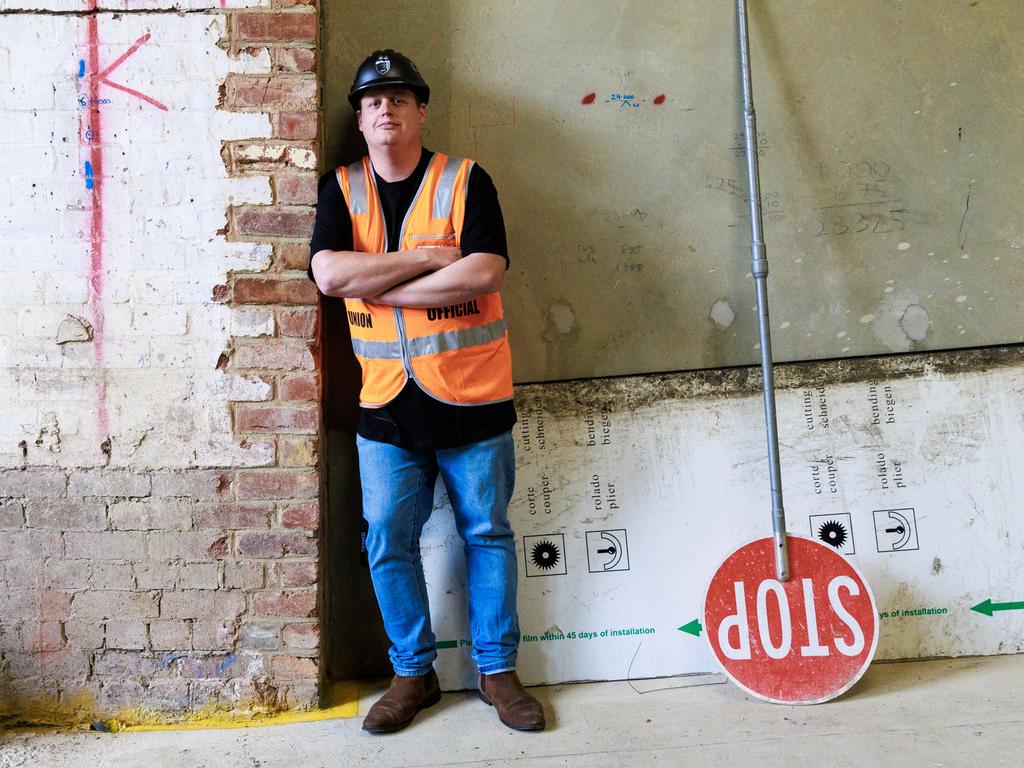


As Australia sees record population growth, European countries are experiencing a mass-immigration backlash.